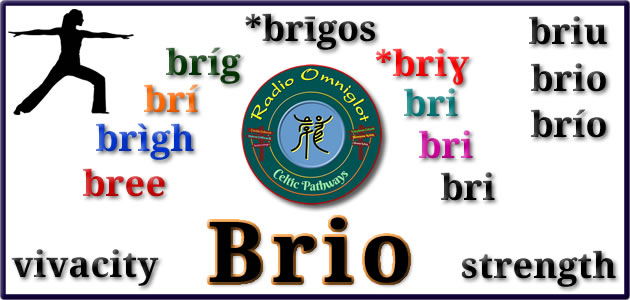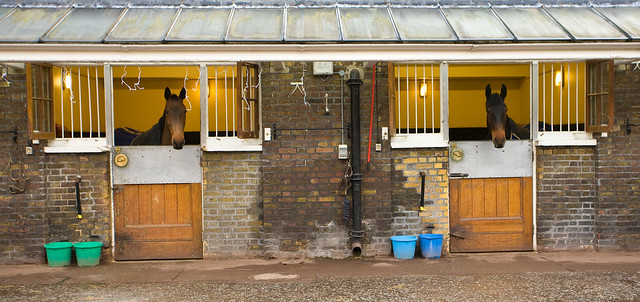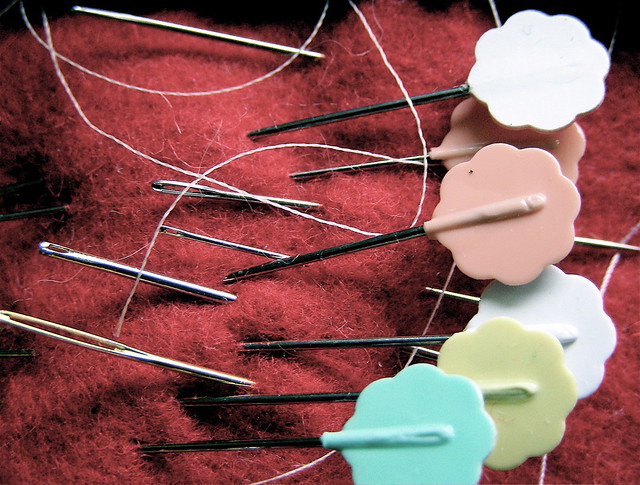Podcast: Play in new window | Download
In this episode we’re drilling down to find the possibly Celtic roots of words for drill, auger and related tools in some Romance languages.
The Proto-Celtic word *taratrom means auger and comes from the Proto-Indo-European *térh₁trom (tool for drilling), from *terh₁- (to rub, turn, drill, pierce) [source].
Related words in the modern Celtic languages include:
- tarathar = auger in Irish
- tora [tɔrə] = auger, gimble, gimlet in Scottish Gaelic
- tarrar = drill in Manx
- taradr [ˈtaradr] = auger, drill, borer, awl, gimlet in Welsh
- tarder = drill in Cornish
- tarar [ˈtɑː.rar] = augur, chignole (a hand drill), shipworm (mollusk) in Breton
Words that possibly come from the same Celtic roots, via Gaulish taratron (auger) and Late Latin taratrum, include taradre (to bore) in Catalan, trade (auger) in Galician, taladro (drill) in Spanish and tarière (auger) in French [source].
Words from the same PIE roots include thread, thresh, trout and throw in English, settentrione (north) in Italian, třít (to rub) in Czech, and drehen (to turn) in German [source].
Incidentally, an auger is a carpenter’s tool for boring holes longer than those bored by a gimlet (a small screw-tipped tool for boring holes); a plumber’s snake (a plumbing tool for removing obstructions from pipes); a tool used to bore holes in the ground, or a hollow drill used to take core samples of soil, ice, etc. for scientific study [source].
In Middle English it was a nauger [ə ˈnau̯ɡər], which was rebracketed as an auger in modern English. It comes from Old English nafugār (nave drill, lit. “nave spear”) – nave refers to the hub of a wheel and not the body of a church, and is related to navel [source].
The gār part of nafugār means spear, arrow or dart, and is possibly the root of the ger part of my surname Ager [source].
Auger should not be confused with augur, which refers to a diviner who foretells events by observing the behaviour of birds or other animals, or by signs derived from celestial phenomena, or unusual occurrences. In ancient Rome, an augur was an official who interpreted omens before the start of public events [source].
More about words for Drills & Augers and related tools in Celtic languages.
The theme tune for this episode is one I wrote in 2017 called The Clockwork Octopus / Yr Wythdroed Clocwaith. You can hear a longer version here:
You can find more connections between Celtic languages on the Celtiadur blog. I also write about words, etymology and other language-related topics on the Omniglot Blog.
Radio Omniglot podcasts are brought to you in association with Blubrry Podcast Hosting, a great place to host your podcasts. Get your first month free with the promo code omniglot.














